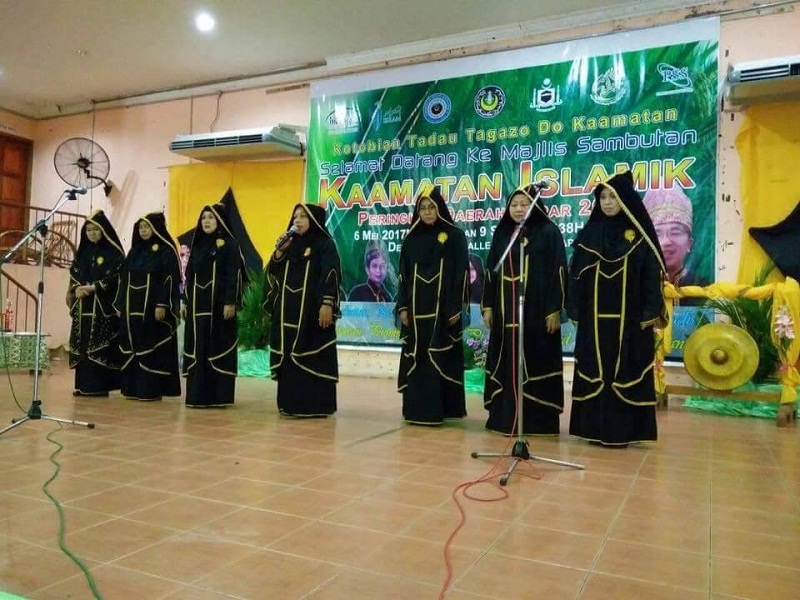MAY 10 — I see quite a lot of Sabahans being vocal in the recent furore over the Hidayah Centre Foundation Sabah (HCF Sabah) promoting an “Islamic Kaamatan.”
This column isn't for angry Sabahans; believe me, I understand why you're mad.
I'm writing this for people who say stuff like this on Facebook: “Why such a big issue? Just some Muslims respecting the culture, festivities & joining in. Same like Chinese Muslims celebrating Chinese New Year.”
There is a big difference between Muslims privately celebrating a festival minus pagan/non-halal trappings privately versus co-opting a festival and making it religious.
Adding a specific religious component to a festival changes its nature. For instance, Easter. While Easter and Christmas are traditionally important dates in the Christian calendar, they have slowly become more mainstream and treated as secular holidays.
Easter itself, research suggests, came out of followers of Jesus marking the Passover. Think of it as a Christian reinterpretation of Easter.
Apparently celebrating birthdates was mocked by early Christians as a Roman/pagan practice so it's unlikely the early followers of Jesus did celebrate Christmas at all.
At least, no record can be found of such celebrations during the first and second centuries.
Kaamatan's roots are, however, clearly animist in nature. It is a familiar tale of death, sacrifice and rebirth. God, or in this context, Kinoingan, had a daughter, Humiodoun, whom he sacrificed to feed his people.
She was cut up into pieces, her flesh sowed over the land and from it lifegiving rice grew. Huminodun's spirit is thus embodied in the rice and harvest festival is a time for both celebration and remembrance of that ancient sacrifice.
That animist portion has been glossed over with time and has descended into pleasant myth to entertain tourists; Kaamatan for most Kadazans/Dusuns is more a time to gather, meet up with family and friends.

In the old days, the time of the harvest, with rice reaped from the fields, it meant rice wine and stored sacks of rice to keep bellies full and hearts light.
There are few now who remain animists; the old ways and faith are dying. Many now go to church, or embraced Islam. For the latter, family gatherings just means there will be halal food set aside for them or merely partaking of everything “safe” to eat, as well as abstaining from alcoholic tapai.
To have an “Islamic Kaamatan” is taking away the spirit of the festival itself. It is meant to embrace all, regardless of faith, making it divisive instead of inclusive ― that is not at all how Sabahans operate.
To have a “Christian Kaamatan” is as ludicrous a notion as having an Islamic one ― after all, wasn't the festival's origins in spirit worshipping? All that is put aside in modern celebrations. Kaamatan now is more the Sabah version of Thanksgiving and to have people adding religious elements to it is pointless and disturbing.
When we have people obsess about making native celebrations “shariah-compliant”, you wonder just where we are heading.
If celebrating an originally animist festival clashes too much with your beliefs, then examine whether you really need to observe it at all. Or consider, perhaps, that your beliefs are not as narrow as some organisations would have you believe.
* This is the personal opinion of the columnist.






















